Mental Health Therapy in Ohio
Therapists in Ohio
Filters
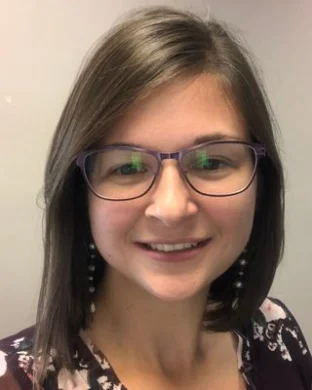
Sarah Malanowski
Sarah Malanowski is a Clinical Social Worker/therapist, providing online sessions. Services include therapy for adults (18+) and seniors (65+). Sarah is in-network with insurance providers including AvMed, Cigna, and Optum. Get in touch to see how therapy can fit your goals and schedule.
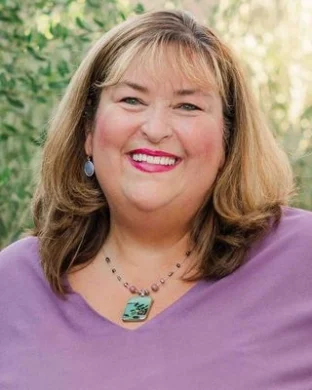
Karen Schneller
Karen Schneller is a licensed marriage and family therapist who owns her own practice, Embodied Wisdom Counseling. Schneller is also a certified eating disorder specialist and supervisor with over 18 years of experience in the mental health field. Schneller treats young girls over the age of 14 and adult women in individual settings, as family units, or in group sessions. Her counseling center doesn’t accept insurance but does offer several sliding scale discounts to clients in financial need. Treating Disordered Eating and Body Image Issues Karen Schneller has personally struggled with body image, weight and trauma over the years. It has helped equip her with the right skillset to help heal others who are coping with similar problems. Schneller strives to provide therapy that is weight inclusive, trauma informed and anti diet. She has also worked to develop an approach that’s aligned with the Health and Every Size Approach. Licensed to Treat Patients in California, Ohio and Texas Schneller currently accepts in person patients in San Luis Obispo and Paso Robles. She’s also licensed to offer telehealth services to patients in California, Ohio and Texas.
Amanda Fazakas
Amanda Fazakas is a Clinical Social Worker/therapist, providing both online and in-person sessions. Services include therapy for teen & preteen (11 - 18), adults (18+), and seniors (65+). Amanda is in-network with insurance providers including Aetna, Anthem, and CareSource. They accept American Express, Check, and Discover. Get in touch to see how therapy can fit your goals and schedule.
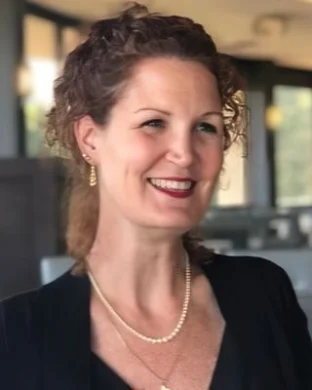
Jennie Hudson
Jennie Hudson is a Counselor, providing both online and in-person sessions. Services include therapy for teen & preteen (11 - 18), adults (18+), and seniors (65+). Jennie is in-network with insurance providers including Aetna, Behavioral Health Systems, and BlueCross BlueShield. Get in touch to see how therapy can fit your goals and schedule.
Alex Weiglein
Alex Weiglein is a mental health professional, providing both online and in-person sessions. Services include therapy for teen & preteen (11 - 18), adults (18+), and seniors (65+). Alex is in-network with insurance providers including Aetna, Anthem, and Behavioral Health Systems. Get in touch to see how therapy can fit your goals and schedule.
Violet Vanilla Valley
Violet Valley is a Clinical Social Worker/therapist, providing online sessions. Services include therapy for teen & preteen (11 - 18) and adults (18+). Violet has experience working with Bisexual People, Gay People, People Living with HIV/AIDS, Intersex People, Lesbians, Nonbinary People, Queer People, Racial Justice Advocates, Sex Workers, and Transgender People. They also have experience working with Secular and Nonreligious clients and provide faith-sensitive care while welcoming people of all backgrounds. Violet is in-network with insurance providers including Aetna, CareSource, and Medicaid. Get in touch to see how therapy can fit your goals and schedule.
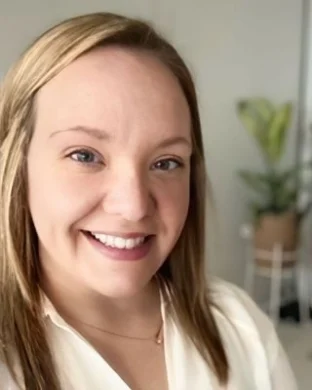
Melissa Parsons
Melissa Parsons is a mental health professional, providing both online and in-person sessions. Services include therapy for adults (18+). Melissa is in-network with insurance providers including Aetna, Behavioral Health Systems, and BlueCross BlueShield. Get in touch to see how therapy can fit your goals and schedule.
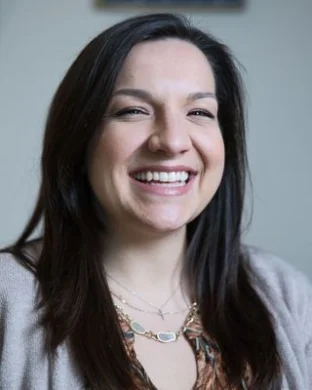
Katie McLaughlin
Katie McLaughlin is a mental health professional, providing both online and in-person sessions. Services include therapy for teen & preteen (11 - 18) and adults (18+). They also have experience working with Christian clients and provide faith-sensitive care while welcoming people of all backgrounds. They accept American Express, Cash, and Check. Get in touch to see how therapy can fit your goals and schedule.
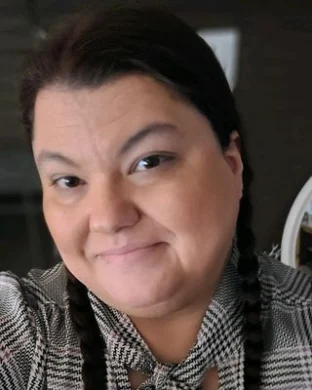
Monica Baucher
Monica Baucher is a mental health professional, providing both online and in-person sessions. Services include therapy for teen & preteen (11 - 18), adults (18+), and seniors (65+). They also have experience working with Christian clients and provide faith-sensitive care while welcoming people of all backgrounds. Monica is in-network with insurance providers including Aetna, Anthem, and BlueCross BlueShield. They accept American Express, Cash, and Check. Get in touch to see how therapy can fit your goals and schedule.
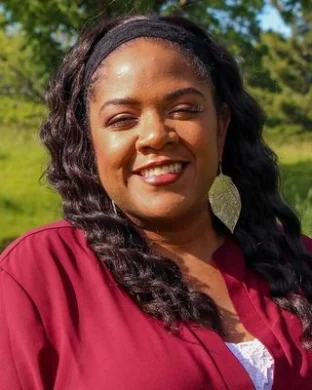
Robyn C Hill
Robyn Hill is a Counselor, providing online sessions. Services include therapy for teen & preteen (11 - 18) and adults (18+). They also have experience working with Christian clients and provide faith-sensitive care while welcoming people of all backgrounds. Robyn is in-network with insurance providers including Aetna, Anthem, and BlueCross BlueShield. They accept Cash, Check, and HSA, and may offer sliding scale payment options to help with the cost of treatment. Get in touch to see how therapy can fit your goals and schedule.
Mental Health in Ohio
Ohio has a unique position in the United States when it comes to mental health. According to Mental Health America, the state occupies a middle ground, ranking at 25 among the 50 states.
Those who look at the glass half full may compliment the Buckeye State for its relatively open access to care and a lower prevalence of mental health conditions among adults. In 2022, the state expanded its funding of $15 million, which includes block grants for court programs to assist inmates address co-occurring mental and behavioral health disorders.
However, there is room for improvement. Depression rates and “poor mental health days” are increasing, especially among young people and LGBTQ+ youths. Nearly 25% of Ohioans have reported having mental illnesses in 2023, and as many as five Ohioans commit suicide each day, according to a survey by White Light Behavioral Health. The disparity continues to fall upon minority groups, the poor, and those with disabilities.
Free Mental Health Resources in Ohio
Find A Therapist By City
- Batavia
- Beachwood
- Beavercreek
- Belpre
- Bexley
- Blue Ash
- Boardman
- Brecksville
- Broadview Heights
- Brookville
- Buckeye Lake
- Canton
- Centerville
- Chagrin Falls
- Chardon
- Cincinnati
- Circleville
- Cleveland
- Cleveland Heights
- Cleves
- Columbus
- Cortland
- Cuyahoga Falls
- Madison
- Marblehead
- Marion
- Marysville
- Mason
- Maumee
- Mayfield Heights
- Medina
- Mentor
- Miamisburg
- Middlefield
- Milford
- Moraine